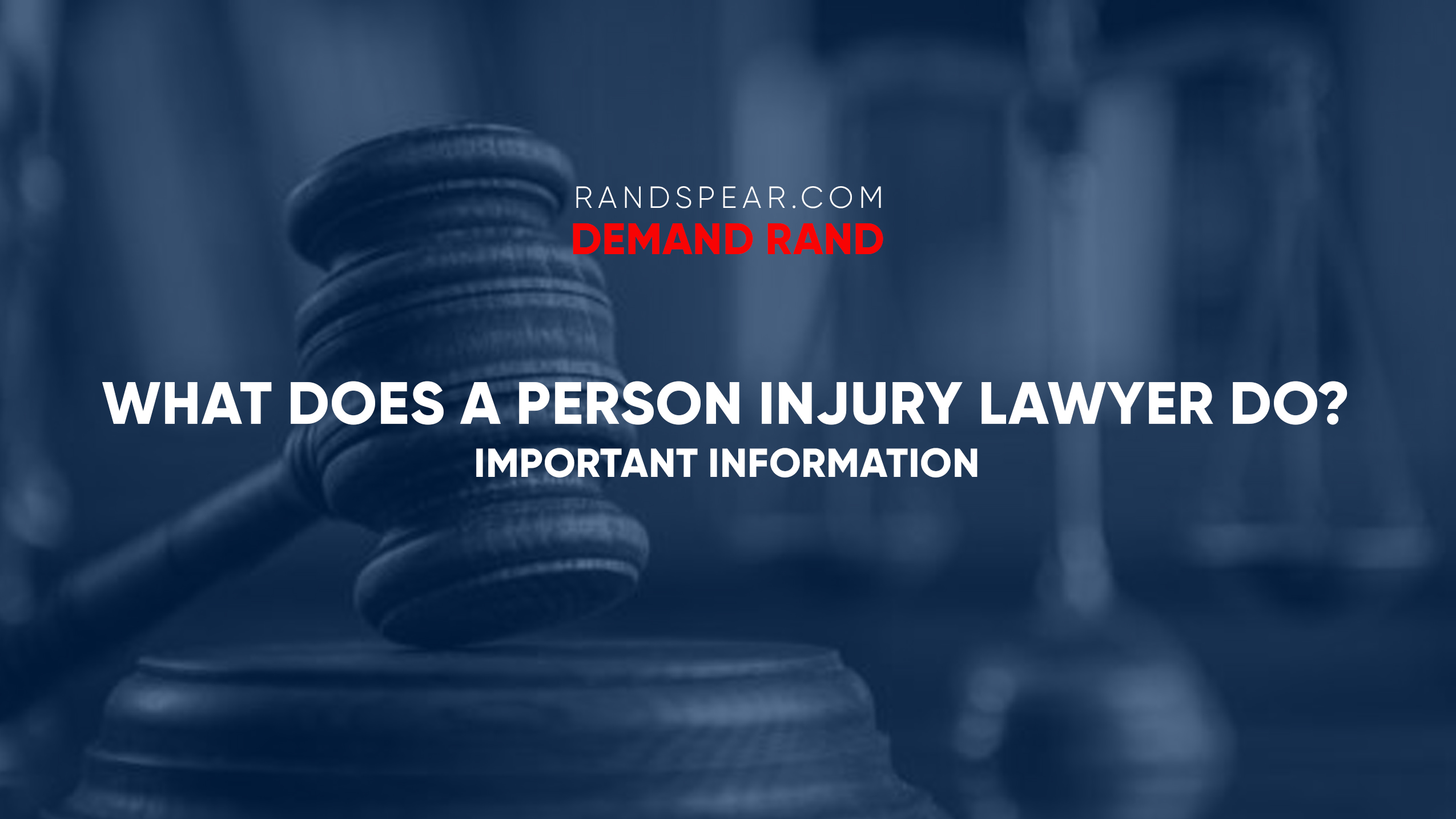Lawyers must abide by a set of rules governing their profession and how they represent clients. To become an attorney, one must complete law school, earn a degree and pass the state bar exam.
Before they can become members of the bar, lawyers must first undergo a character and fitness exam. This ensures that they are good members of their communities.
You Need Legal Representation
Legal representation refers to legal work that a licensed attorney performs for their client in court cases or other legal matters, such as research, document drafting and filings, attending hearings or trials and attending trials on their behalf. Many people require legal representation due to its complexity requiring specific training. Legal representatives also have extensive resources and knowledge available for representing their clients effectively; each decision regarding representation varies based on factors like your complexity of legal issue, how comfortable you feel with self-representation options and ability to find an attorney that best meets their client’s needs.
An effective attorney is crucial when navigating legal battles. When selecting your legal representative, consider their reputation, education and experience before selecting one. Lawyer referral services or state bar associations may provide help when searching for an attorney; friends or family may provide recommendations. Before hiring any attorney, always arrange to meet them for a consultation so you can discuss your case, review their fee structure and explore possible outcomes – many offer discounted hourly rates during consultation sessions.
Once you have selected an attorney, be sure to verify their licensing status and malpractice history by visiting your state/territorial bar association website, searching their profile on FindLaw and/or reaching out directly to their local bar association. Only hire those licensed in your jurisdiction!
If your attorney committed any form of malpractice during representation for you, you have recourse to filing a malpractice claim against them. Malpractice cases may range from simple errors such as failing to inform of statute of limitations to deliberate acts (like mishandling your case). To successfully bring such a suit against them, however, one must prove they did not exercise basic duties of diligence and knowledge as required of them by law; should this be suspected of happening, speak with another lawyer familiar with malpractice claims for advice before taking further steps against your own.
You Have a Legal Issue
Legal problems don’t usually crop up often, but when they do it’s essential that you know when and how to engage an attorney at law. Legal issues usually involve some form of conflict that requires professional expertise from an attorney in order to be resolved – this could involve professional malpractice claims, business litigation disputes or issues stemming from personal matters such as divorce, separation or custody disputes.
When faced with legal matters, it is wise to work with an attorney specializing in that particular area of law. This will ensure your case is handled correctly and that you receive the best outcome possible for your situation. Always communicate honestly and truthfully when working with your lawyer; in addition to conducting independent research to gain an in-depth knowledge of what’s happening within your case and its relation to legal standards.
Legal issues can be serious and can interfere with every aspect of life – from employment and relationships, home purchase and filing taxes, etc. Therefore it’s crucial that when confronted by legal problems it seek advice quickly from an experienced attorney in order to find a solution as quickly as possible.
If you are uncertain of your legal needs, there are many online resources that can be useful in providing guidance in various legal topics. One such source is this website which offers up-to-date and helpful legal information regarding various issues; including providing links to additional sources in public libraries as well as State Library of NSW Macquarie St Sydney Australia.
When filing a claim with a government agency, nonlawyers such as paralegals may be sufficient. For court proceedings however, an attorney at law licensed in your jurisdiction must represent you.
You Have Been Charged with a Crime
Police officers and prosecutors don’t always charge people with crimes as depicted on television; this can be due to lack of sufficient evidence, limited law enforcement personnel handling cases or the wishes of complainants – such as refusal to provide statements about what occurred and/or testify before court – which play into their decision-making processes.
Once police have enough evidence against an individual for committing an offence, they will send what is known as an information to the prosecutor outlining both what occurred and why there are reasonable grounds to suspect them of having done it. In most instances, the information will be signed off on by a police officer before being sent.
If the information meets certain criteria, a prosecutor will decide to pursue charges based on various considerations such as their ability to prove beyond reasonable doubt the offence and how urgently other cases need to be completed on their dockets. They also need to consider how much of their own time and resources it will require them in pursuing this case.
Once the defendant has an attorney, they can either choose their own or – in cases of indigency – be provided one at no cost from the Government – known as a public defender. Once represented by one, discussions regarding potential solutions to resolve their case may commence.
Minor misdemeanor cases typically end in either pleading guilty or being found guilty at trial, while felonies usually involve presenting evidence before a judge or jury for them to make their determination on guilt or innocence, leading them to either convict the defendant or release them after being cleared by them – so finding a good defense lawyer is key for helping navigate through these processes and ensure you make a proper choice when facing criminal charges.
You Have Been Arrested
Arrest can be an emotionally taxing situation. But with patience and persistence, you can manage this problem and regain your life.
Police can arrest you if they have reasonable cause to suspect that you have committed or intend on committing a crime, whether at public or home locations. They will typically collect fingerprints, photograph and record charges laid against them before conducting searches of both their person and of any nearby areas where an arrest may have taken place.
Keep in mind that you have the right to remain silent when confronted by law enforcement officials, and to do nothing that might incriminate yourself or justify your actions. Generally, police must read you a Miranda warning (“You have the right to remain silent”) immediately upon arrest or detention, though sometimes this isn’t possible.
As soon as you are arrested, make sure that a lawyer can reach you instantly by having an emergency contact number ready. Be mindful that all telephone conversations could be recorded or monitored for future use against you; also, consider that friends could provide information that could later be used against them as well.
Dependent upon the charges against you and police assessments, police may issue you a citation, place you in jail or release you into pretrial services. Once arrested, typically within 24 hours you will be brought before an arraignment judge who will outline all the charges against you as well as request whether you wish to plead guilty, not guilty or no contest.
Law students facing arrest can suffer severe collateral consequences, as the bar exam application requires them to disclose any prior criminal convictions or arrests; failing to do so could prevent them from ever taking the exam in question.



